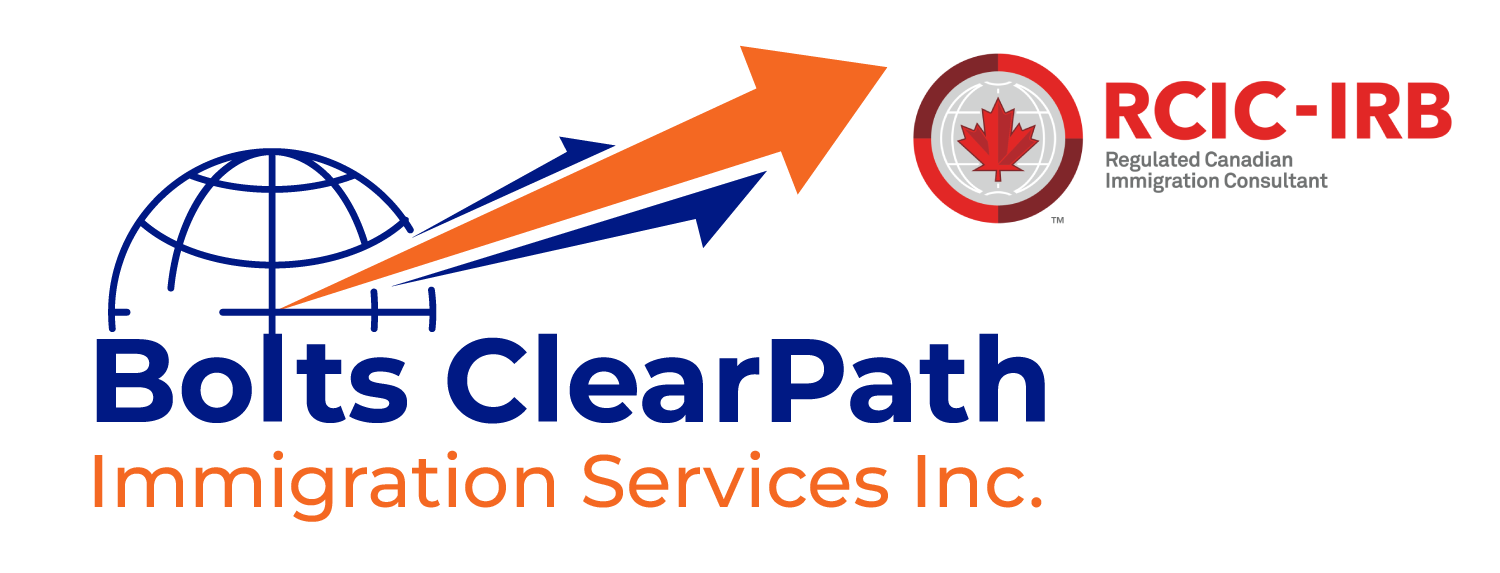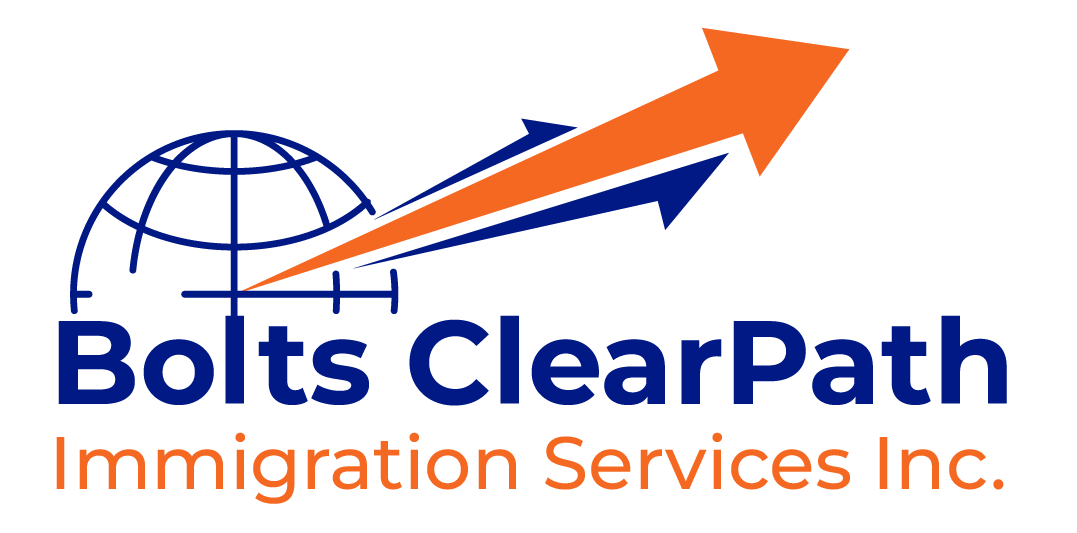Here are some of our frequently
asked questions
To qualify for Express Entry, you must meet the eligibility requirements of one of the three
programs:
• Federal Skilled Worker Program (FSWP): Requires work experience, education, and language proficiency.
• Canadian Experience Class (CEC): Requires at least one year of Canadian work experience.
• Federal Skilled Trades Program (FSTP): For skilled trade workers with job offers or
certifications in Canada.
Candidates are ranked based on the Comprehensive Ranking System (CRS).
The PNP allows Canadian provinces and territories to nominate individuals who meet local labor market needs.
• You can apply directly to a province or through Express Entry-linked PNP streams.
• A PNP nomination adds 600 points to your Express Entry CRS score, increasing your
chances of receiving an Invitation to Apply (ITA) for permanent residence.
The CRS is a points-based system used to rank candidates in Express Entry. Points are awarded based on:
• Age (maximum 110 points)
• Education (maximum 150 points)
• Work experience (maximum 80 points)
• Language proficiency (maximum 136 points)
• Arranged employment or provincial nomination (up to 600 additional points)
The higher your CRS score, the greater your chance of receiving an ITA for permanent
residence.
Yes. Many temporary foreign workers can transition to permanent residence through programs
like:
• Canadian Experience Class (CEC)
• Provincial Nominee Program (PNP)
• Agri-Food Immigration Pilot
• Atlantic Immigration Program (AIP)
Having Canadian work experience improves your chances of qualifying for PR.
Most immigration programs require proof of English or French proficiency. The accepted tests are:
• IELTS or CELPIP (for English)
• TEF Canada or TCF Canada (for French)
Your test scores determine CRS points and eligibility for immigration programs.
You can sponsor:
• Spouses and common-law partners
• Dependent children
• Parents and grandparents (through the PGP program)
Sponsors must be Canadian citizens or permanent residents and meet financial
requirements.
A work permit allows you to work in Canada temporarily, while permanent residency gives you the right to live, work, and study in Canada indefinitely.
You must apply online through IRCC before your study permit expires. Requirements include:
• A valid letter of acceptance from a designated learning institution.
• Proof of financial support.
You must apply for a Temporary Resident Visa (TRV) by submitting:
• A valid passport
• Proof of ties to your home country
• A letter of invitation (if applicable) Processing times vary depending on your country of residence.
You may apply for permanent residency through:
• Express Entry (CEC, FSWP, FSTP)
• Provincial Nominee Program (PNP)
• Family sponsorship
• Employer-based immigration programs
• At least one year of full-time skilled work experience in Canada (within the last three
years).
• Language proficiency in English or French.
• A valid Express Entry profile.
AIP helps employers in Atlantic Canada hire foreign workers for in-demand jobs. Applicants
need:
• A valid job offer from a designated employer.
• Settlement funds.
• A commitment to live in New Brunswick, Nova Scotia, PEI, or Newfoundland &
Labrador.
This program speeds up work permit processing for highly skilled foreign workers. It applies
to:
• Tech professionals
• Senior managers
• Research professionals
Processing time is usually two weeks
Yes, if you apply for a Bridging Open Work Permit (BOWP) while your PR application is in
progress. Yes, if you apply for a Bridging Open Work Permit (BOWP) while your PR application is in progress.
Most applicants must undergo a medical exam by an IRCC-approved physician. This ensures
they:
• Do not pose a public health risk.
• Do not create excessive demand on Canada’s healthcare system.
• Must have completed a full-time program at a designated learning institution.
• Apply within 180 days of receiving your final marks.
• PGWP is valid for up to three years.
• Requires a business plan and support from a designated organization.
• Must show proof of funding and language ability.
You can:
• Request reconsideration from IRCC.
• File an appeal with the Immigration and Refugee Board (IRB).
• Submit a judicial review to the Federal Court of Canada.
RCICs provide:
• Expert legal guidance.
• Assistance with complex immigration applications.
• Representation for appeals and refusals.
RNIP helps smaller communities attract immigrants by providing community-specific job
opportunities. Applicants need:
• A job offer from a participating employer.
• Intent to live in the designated community.
A program for agriculture and food-processing workers. Eligible occupations include:
• Meat processing
• Greenhouse farming
• General farm workers
Check the College of Immigration and Citizenship Consultants (CICC) website to confirm
the consultant’s registration.
Sponsors must meet the Minimum Necessary Income (MNI) for three consecutive years before applying.
SDS is a fast-track visa program for students from certain countries. Requirements include:
• Guaranteed Investment Certificate (GIC).
• English or French test scores.
• Apply for an extension before your status expires.
• Switch to another visa category if eligible.
• Leave Canada and reapply for legal re-entry.

